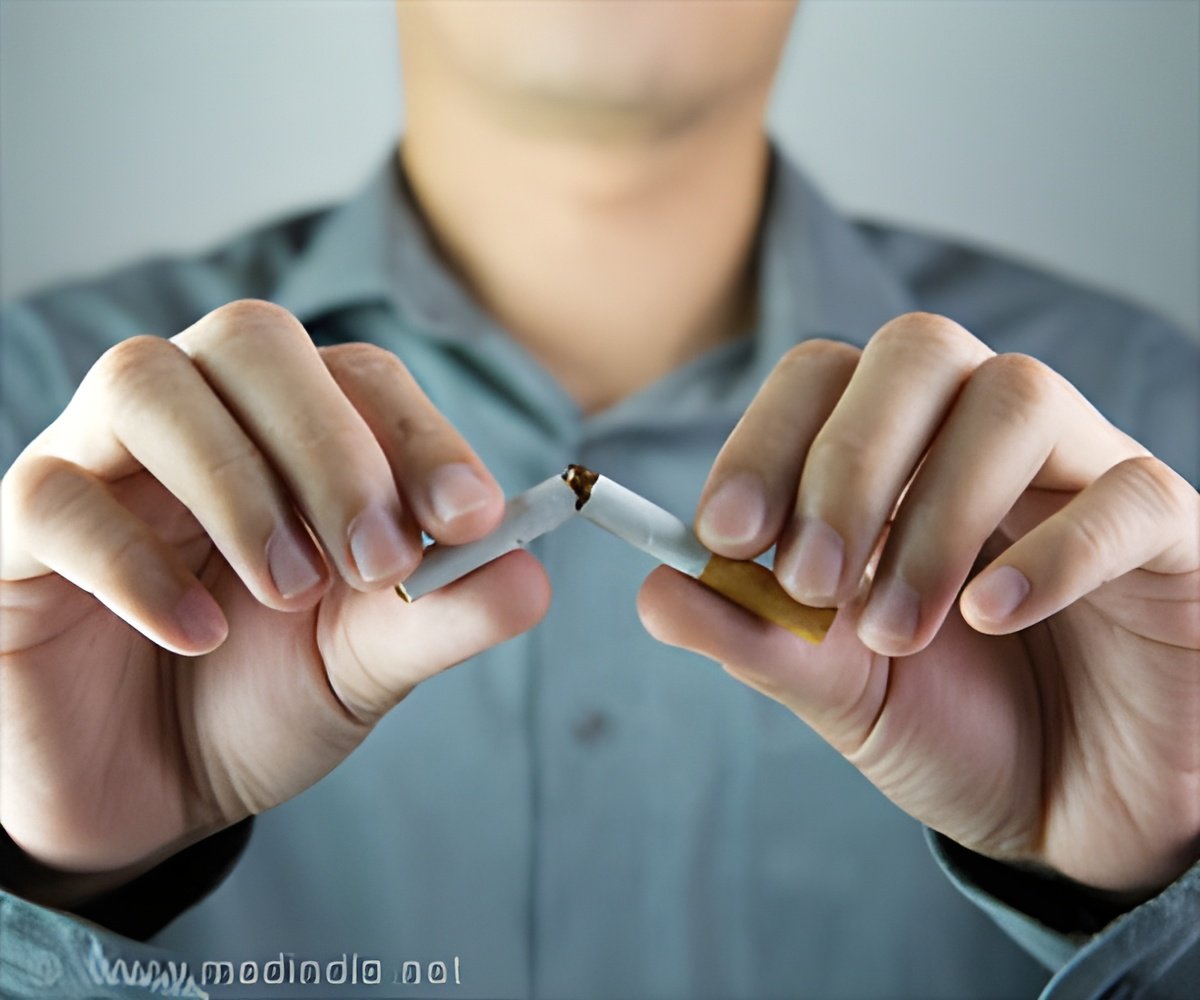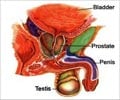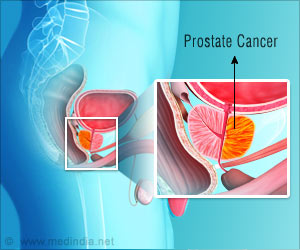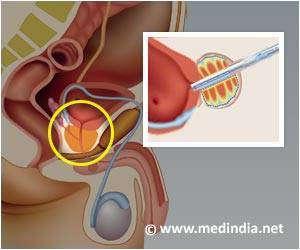Cigarette smoking is a risk factor for aggressive prostate cancer though it is not yet thought to be an actual risk factor.

In a recent article published in British Journal of Urology on January 27, 2015 entitled, ‘Cigarette smoking during external beam radiation therapy for prostate cancer is associated with an increased risk of prostate cancer-specific mortality and treatment-related toxicity" the authors (Emily Steinberger, Marisa Kollmeier, Sean McBride, Caroline Novak, Xin Pei, and Michael J. Zelefsky) analysed data to better understand the influence of smoking on prostate cancer progression and treatment.
Michael Zelefsky, MD, of the Memorial Sloan Kettering Cancer Center in New York City and Professor of Radiation Oncology, and his colleagues studied 2358 patients who underwent external beam radiotherapy for prostate cancer between 1988 and 2005. Of these, 2156 had a history of smoking. Patients were classified as never smokers, current smokers, former smokers, and current smoking unknown.
Among patients with prostate cancer, those who smoke have increased risks of experiencing side effects from treatment and of developing future cancer recurrences, or even dying from prostate cancer. The findings suggest that smoking may negatively affect the health outcomes of patients with prostate cancer and may contribute to complications related to their care.
Over a median follow-up of nearly eight years, patients who were current smokers had a 40% increased risk of cancer relapse, as well as more than 2-times increased risks of cancer spread and cancer-related death, compared with patients who were never smokers. In addition, current and former smokers had a higher likelihood of experiencing side effects, such as urinary toxicity, related to radiotherapy. Examples of urinary toxicity include urinary retention, urinary incontinence, and bladder hemorrhage.
"Less optimal tumor control outcomes among smokers could possibly be explained by the influence of less oxygen concentration within the treated tumors among smokers, which is known to lead to less sensitivity of the cells being killed off by radiation treatments," Dr. Zelefsky noted. "Our findings point to the importance of physicians counseling their patients regarding the potential harms of smoking interfering with the efficacy of therapies and for increased risks of side effects."
The causes of prostate cancer are still unknown but age, ethnic group, family history and diet are the few risk factors to be considered. One among such factors may be cigarette smoke, as it is known to contain multiple carcinogens, including N-nitroso compounds.
The prostate glands work under the influence of male hormones, known as androgens, which include testosterone, dehydroepiandrosterone and dihydrotestosterone. Androgens are also responsible for secondary sex characteristics such as facial hair and increased muscle mass.
The exact cause of prostate cancer is still unknown but age, ethnic group, family history and diet are the few risk factors to be considered. One among such factors may be cigarette smoke, as it is known to contain multiple carcinogens, including N-nitroso compounds.
Also, high levels of circulating androsterone and testosterone increase the risk of prostate cancer. Male smokers had the levels of these hormones above normal, which may contribute to development of the cancer in these patients.
This is the first study that analyzed the risk and outcomes of smoking during treatment phase of prostate cancer.















